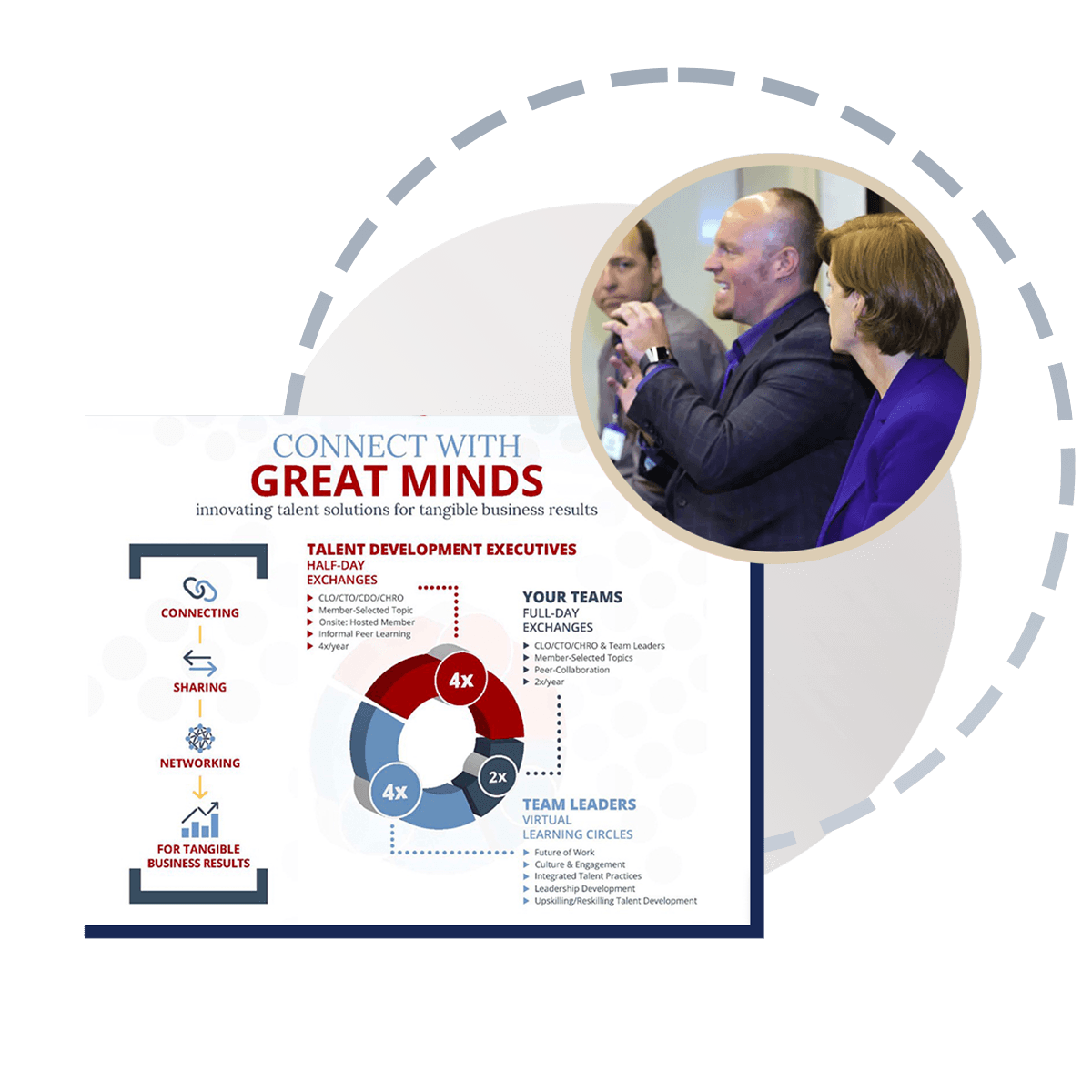This session provided valuable insights into the transformative power of cohort-based learning and how it can be leveraged to foster ongoing growth and collaboration within organizations.
One of the most striking points shared was the idea that "You don’t just learn during the program; the relationships built in cohorts provide a go-to network for continued growth and support." - Michael Kester
This emphasizes the lasting impact of cohort learning, where peer relationships extend beyond the training itself, creating a sustainable ecosystem of support and knowledge-sharing.
Here are three key takeaways that senior HR talent leaders can apply in their organizations:
- Facilitate Trust and Connection Early:
Building trust within a cohort is crucial for meaningful engagement. Techniques like storytelling and reflective exercises help establish psychological safety, which allows participants to open up and share valuable insights. HR leaders should prioritize trust-building activities in the early stages of any learning program to lay a foundation for authentic learning experiences. - Leverage Structured and Focused Learning Journeys:
To optimize the learning experience, cohorts should focus on the same content at the same time. This approach reduces cognitive load and ensures that participants remain engaged and aligned. Senior HR leaders can create learning pathways that remove ambiguity, helping employees stay on track and connected to the organization’s broader goals. - Foster Sustainable Peer Networks:
Cohort learning doesn’t end when the program concludes. The relationships built during the learning process create a network of peers that participants can rely on for continuous support. By fostering such networks, HR leaders can ensure that learning is integrated into the flow of work and remains a resource long after the program ends.
As HR professionals, it’s essential to not only design impactful learning programs but to also cultivate environments that support ongoing collaboration and growth. Cohort-based learning, with its emphasis on connection and sustained engagement, offers a powerful model for fostering these outcomes.
